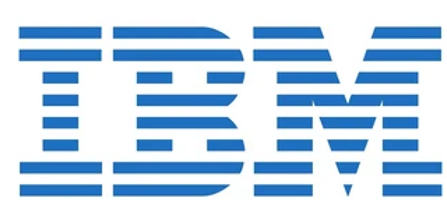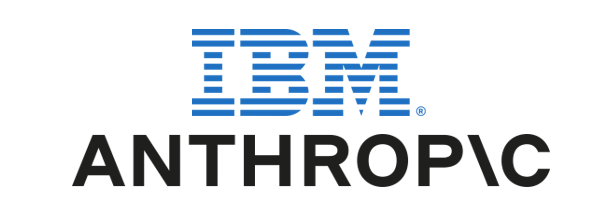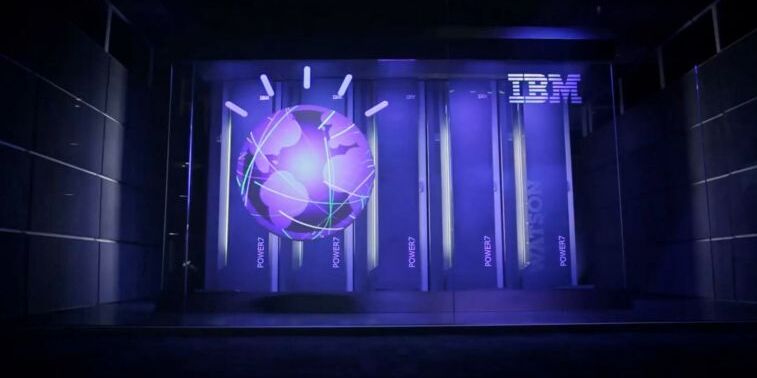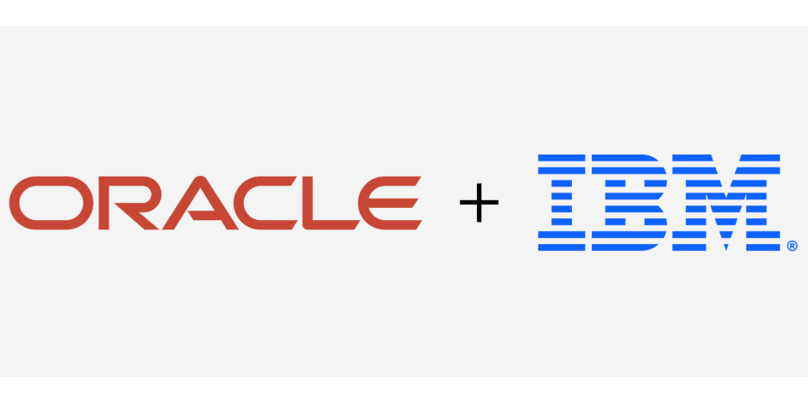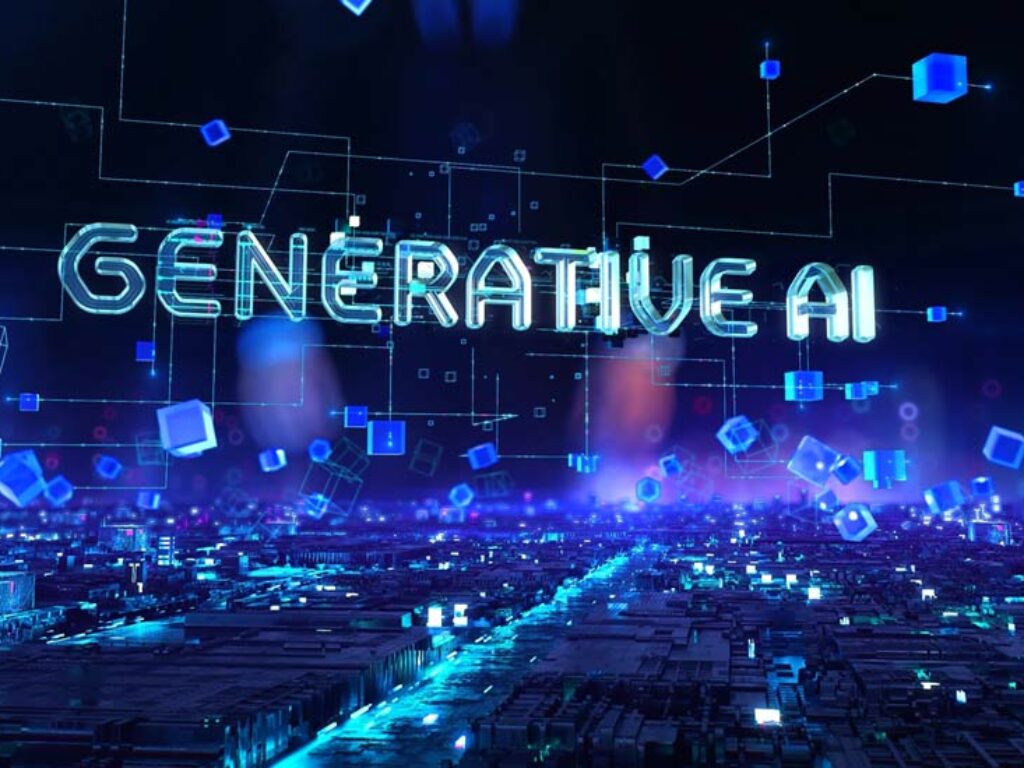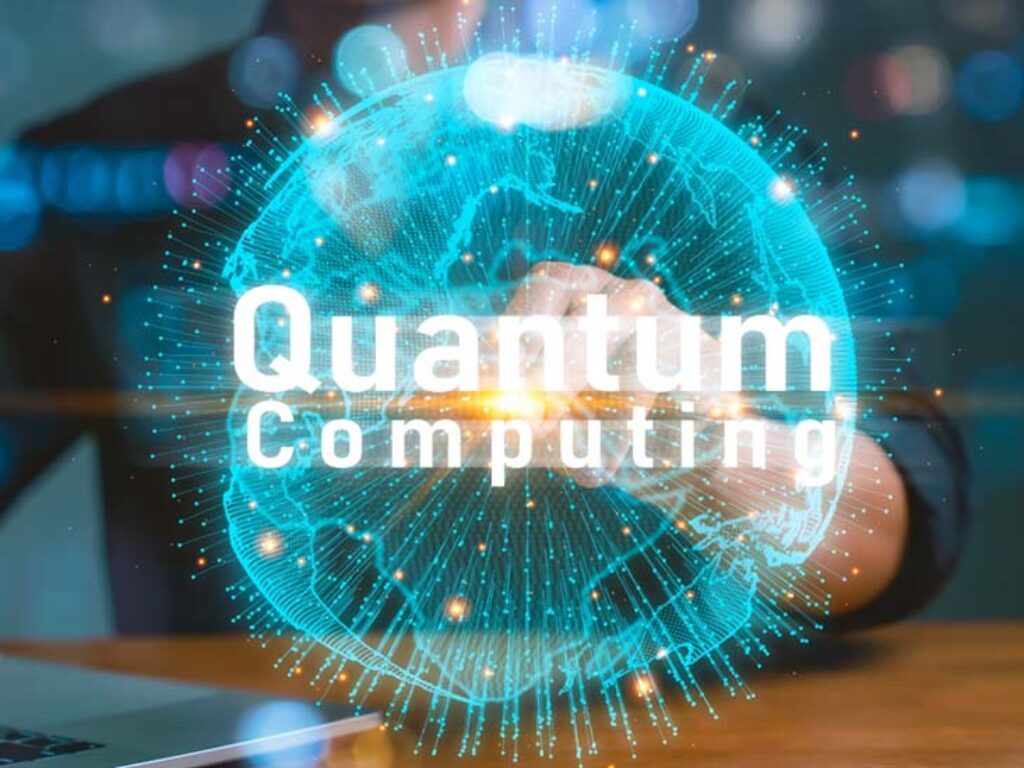NEW YORK, Oct. 7, 2025 — Cockroach Labs, the company behind the distributed SQL database CockroachDB, today announced an OEM partnership with IBM to bring CockroachDB PostgreSQL for IBM to market. This collaboration gives enterprises a trusted path to modernize mission-critical applications with a cloud-native PostgreSQL database engineered for active-active business continuity across hybrid environments—including IBM LinuxONE, Linux […]
IBM AI Development Environment Combining with Anthropic Claude LLM’s
IBM (NYSE: IBM) and Anthropic today announced a partnership for development of enterprise-ready AI by combining Anthropic’s Claude family of large language models into IBM’s software portfolio. The companies said ….
Datavault AI Debuts AI Agents Built with IBM watsonx.ai
BEAVERTON, Ore. — Datavault AI Inc. (Nasdaq: DVLT) today announced the expanded commercialization of its AI agents — DataScore and DataValue — built with IBM watsonx.ai. IBM is also committing AI engineering and technical support over multiple years to help Datavault expand and accelerate its offerings. The integration is designed to help customers streamline their […]
IBM Unveils watsonx AI Labs in New York City
IBM (NYSE: IBM) announced watsonx AI Labs, a developer-first hub in New York City designed for AI builders and AI adoption at scale. watsonx AI Labs connects IBM’s enterprise resources and expertise with AI developers building ….
IBM Launches Enterprise Gen AI Technologies with Hybrid Capabilities
At the company’s annual THINK event, IBM unveiled new hybrid technologies for scaling enterprise AI – designed to enable businesses to build AI agents with their own enterprise data. IBM estimates that over 1 billion apps will emerge by 2028, putting pressure ….
IBM and Oracle Expand Agentic AI and Hybrid Cloud Partnership
IBM is working with Oracle to bring watsonx, IBM’s portfolio of AI products, to Oracle Cloud Infrastructure. Leveraging OCI’s native AI services is designed “to fuel a new era of multi-agentic, AI-driven productivity and efficiency across the enterprise,” the companies said. “AI delivers the most impactful value …
IBM Adds Granite 3.2 LLMs for Multi-Modal AI and Reasoning
IBM (NYSE: IBM) today announced additions to its Granite portfolio of large language models intended to deliver small, efficient enterprise AI. The new Granite 3.2 models include: A new vision language model (VLM) for document understanding tasks that IBM said demonstrates performance ….
Unlocking the Power of Generative AI to Support the Software Development Lifecycle
In this contributed article, Keri Olson, IBM’s Vice President of Product Management, AI for Code, discusses how AI code assistants can help accelerate the software development lifecycle (SDLC), enhance productivity, and improve code quality through generative AI.
IBM Launches Its Most Advanced Quantum Computers, Fueling New Scientific Value and Progress towards Quantum Advantage
IBM (NYSE: IBM) announced quantum hardware and software advancements to execute complex algorithms on IBM quantum computers with record levels of scale, speed, and accuracy.
Algorithmiq Demonstrates Path to Quantum Utility with IBM
Algorithmiq, a scaleup developing quantum algorithms to solve the most complex problems in life sciences, has successfully run one of the largest scale error mitigation experiments to date on IBM’s hardware. This achievement positions them, with IBM, as front runners to reach quantum utility for real world use cases. The experiment was run with Algorithmiq’s proprietary error mitigation algorithms on the IBM Nazca, the 127 qubit Eagle processor, using 50 active qubits x 98 layers of CNOTS and thus a total of 2402 CNOTS gates. This significant milestone for the field is the result of a collaboration between the two teams, who joined forces back in 2022 to pave the way towards achieving first useful quantum advantage for chemistry.

